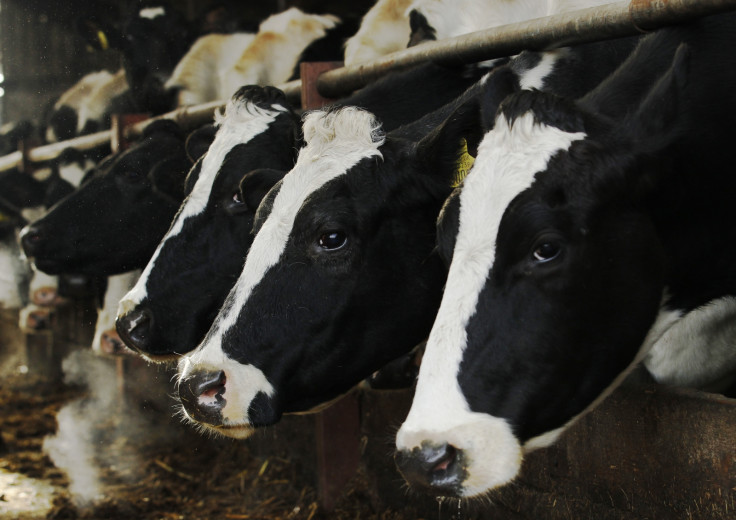Britain faces butter shortage at Christmas
The boss of dairy products maker Arla Foods says not enough milk is being supplied by farmers.

Britain could face a butter and cream shortage this Christmas, the boss of dairy group Arla Foods has warned.
Chief executive Peder Tuborgh claimed that not enough milk is being supplied by farmers to make the products.
"The first sign we will see of it, is that the price of butter rises very sharply," Tuborgh told the BBC.
Tuborgh added that the milk shortage had come about because producers "put the brakes on" in 2016, in order to compensate for previous over-production of milk that resulted in lower prices on supermarket shelves.
Arla Foods is a large European milk co-operative, owned by dairy farmers including British ones, and is the largest UK milk buyer. Its brands include Anchor and Cravendale.
Recent research has shown that the price of butter in supermarkets jumped by as much as 53% in the past year, thanks in part to the "Mary Berry effect" of increased popularity of baking.
The Grocer magazine found that the price of own-brand butter at Tesco had risen 53% in the past year, while at Waitrose, Sainsbury's and Asda the price was up by at least 27%.
Scaremongering
But the National Farmers' Union dubbed Tuborgh's comments "scaremongering".
It said the "constant boom and bust dairy market cycle" helped "no-one, most of all farmers".
The union added while there had been "record prices" for wholesale cream and butter in recent weeks, farm-gate prices had failed to keep up, adding that the "lack of strong upward movement in farm-gate milk price" was "extremely concerning".
"That said scaremongering about lack of milk supply going forward only serves to concern consumers," it said.
The Department for Environment, Food and Rural Affairs said that while farm-gate milk prices had fallen by 0.6% per litre in May 2017 compared with the previous month, they had risen by 31% compared with May 2016.
It added UK milk production increased by 4.7% in May compared with April, almost equalling production in May 2016.
© Copyright IBTimes 2024. All rights reserved.







